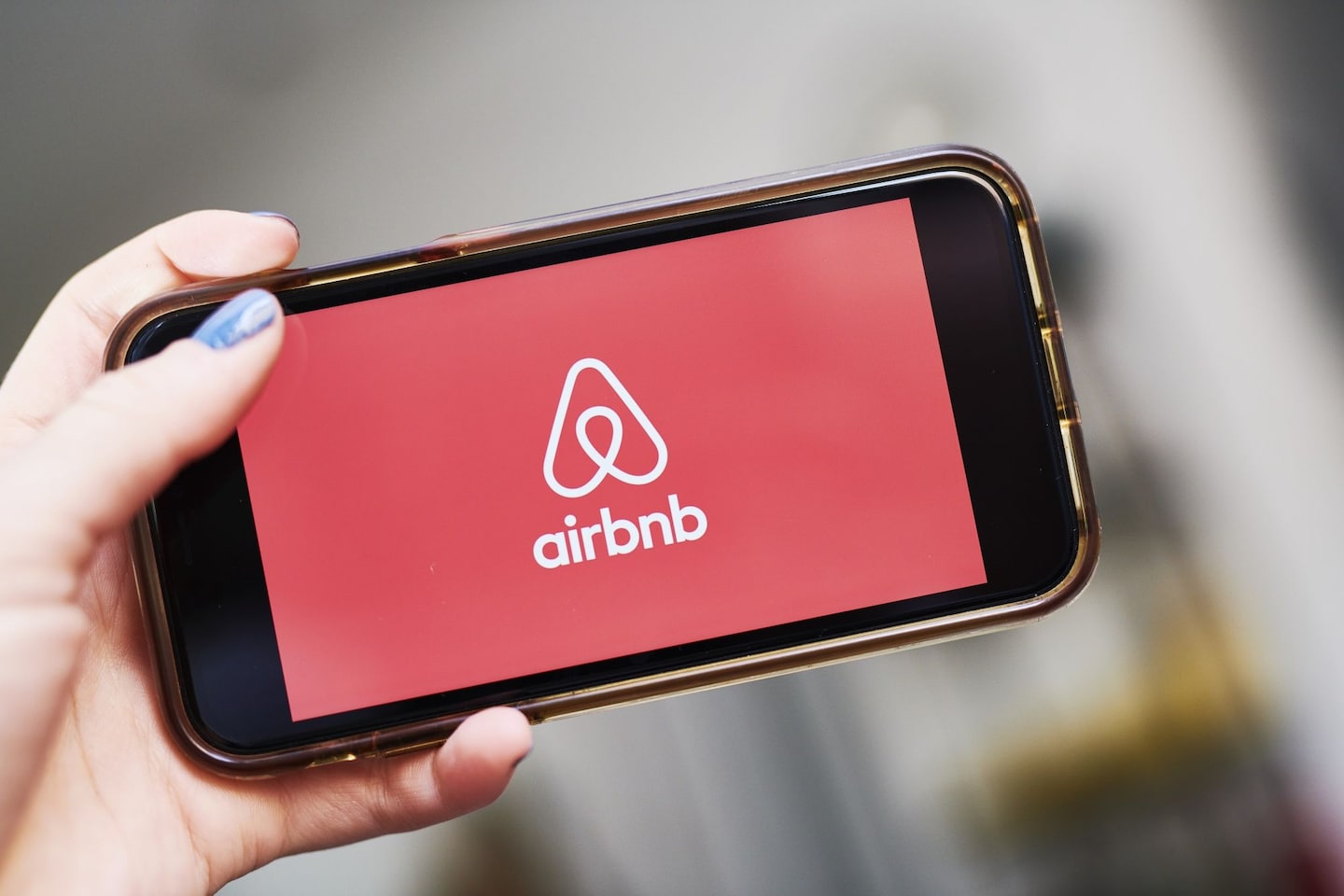Airbnb files to go public despite tough year for travel industry

San Francisco-based Airbnb was founded in 2008 as a way to let people rent out their own apartments or houses to others. It has become a leader in the so-called sharing economy, joining Uber and Lyft as a way for people to share services with one another without forming full-fledged businesses.
Airbnb is planning its offering after a tough 18 months for rising tech start-ups to enter the public markets. Both Uber and Lyft had disappointing debuts last year, falling steeply in their first few days of trading. The two companies had rocketed to high valuations in the private markets but didn’t initially convince a broader set of investors of their stability. Now they are now facing ridership declines due to the coronavirus pandemic.
Office space real estate start-up WeWork had an even more disastrous time trying — and eventually failing — to go public. The company, which rents office space with short-term leases, attempted to enter the public markets last fall but was mired with controversy over its private market valuation and its unpredictable chief executive. Former CEO Adam Neumann eventually stepped down after significant backlash.
Airbnb seems to be more stable than WeWork, said D.A. Davidson senior analyst Barry Oxford, who followed WeWork’s failed IPO closely. Airbnb serves as a broker between hosts and travelers, rather than actually leasing space itself as WeWork does.
“It’s still obviously a tricky environment for anybody to be going public, but Airbnb does have a proof of concept type of model,” Oxford said.
Investors will need to have patience, he said. Even as people slowly start to frequent restaurants and shops during the pandemic, many have still been holding off on traveling.
“Traveling is going to take a little longer to come back,” he said.
The company now says it has 7 million listings on its site in more than 220 countries and regions. It has expanded to include activities and adventures in many cities and is a popular vacation tool.
But it has also faced strife with local municipalities, many of which have accused the company of driving up housing costs by encouraging people to list their properties as short-term rentals.
Meanwhile, Airbnb’s business has been hit by the global pandemic, which has paused much planned travel. Airbnb laid off 1,900 employees, or a quarter of its workforce, this spring, as the coronavirus raised fears about interacting with other people’s spaces.
At the time, CEO Brian Chesky told employees that the company’s revenue for 2020 was expected to be less than half of what it was in 2019.
“While we know Airbnb’s business will fully recover, the changes it will undergo are not temporary or short-lived,” Chesky wrote in a note to employees in May.






